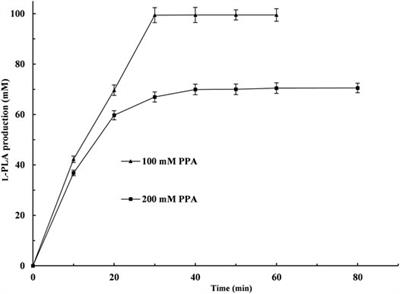EDITORIAL
Published on 27 Sep 2022
Editorial: Advances and trends in microbial production of biopolymers and their building blocks
doi 10.3389/fbioe.2022.1025797
- 1,232 views
- 1 citation
12k
Total downloads
53k
Total views and downloads
EDITORIAL
Published on 27 Sep 2022
ORIGINAL RESEARCH
Published on 02 Sep 2022
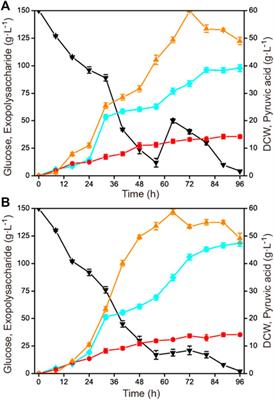
ORIGINAL RESEARCH
Published on 17 Aug 2022
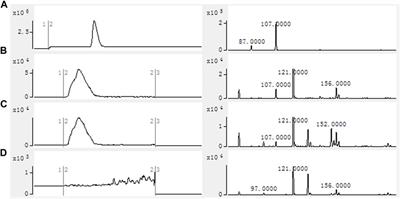
ORIGINAL RESEARCH
Published on 16 Aug 2022
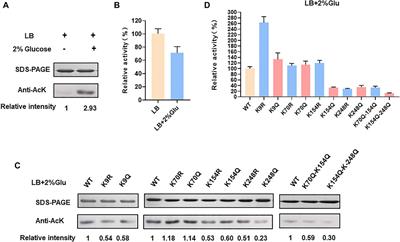
ORIGINAL RESEARCH
Published on 25 Jul 2022
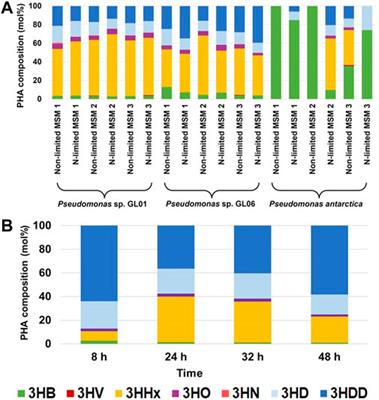
MINI REVIEW
Published on 19 Jul 2022
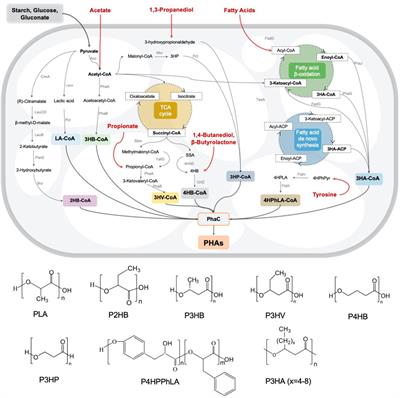
ORIGINAL RESEARCH
Published on 30 Jun 2022
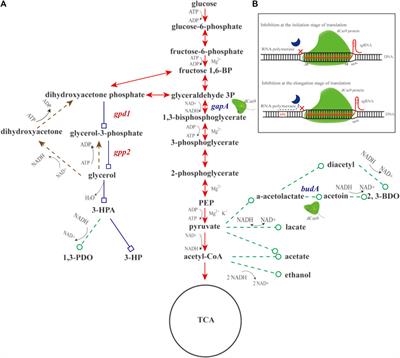
BRIEF RESEARCH REPORT
Published on 23 Jun 2022

REVIEW
Published on 12 May 2022
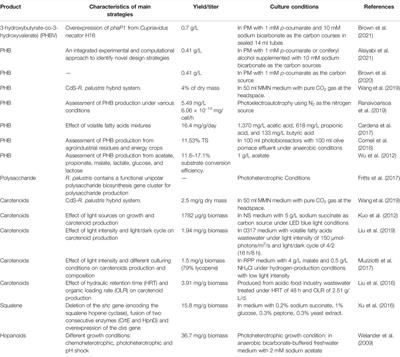
REVIEW
Published on 08 Mar 2022
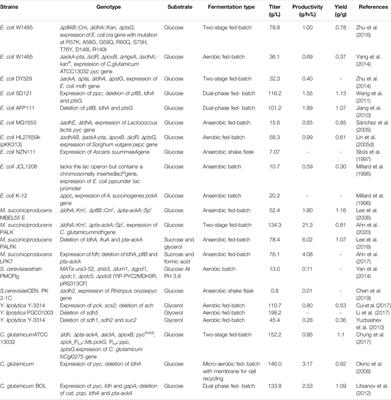
ORIGINAL RESEARCH
Published on 18 Feb 2022
